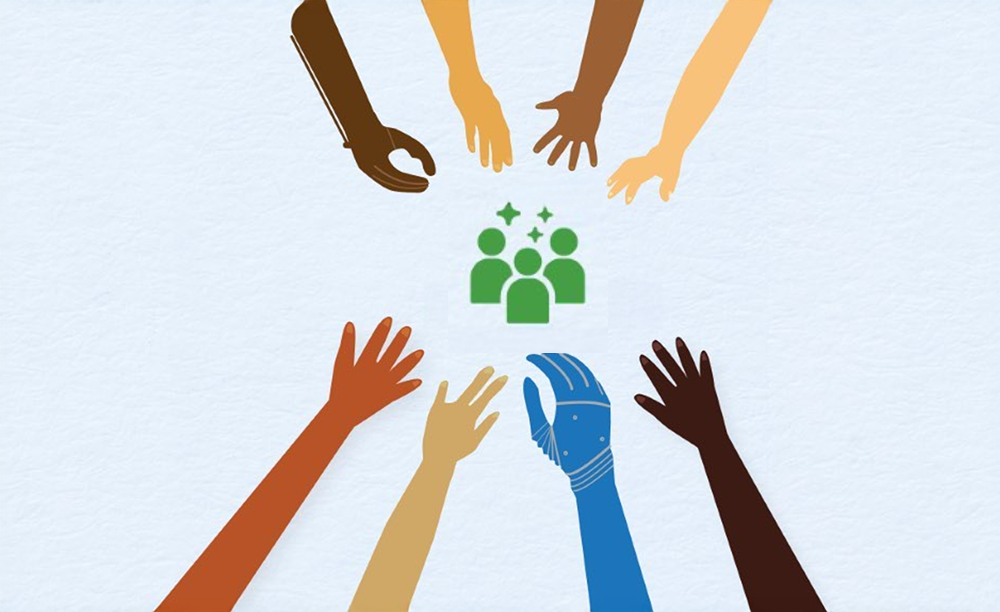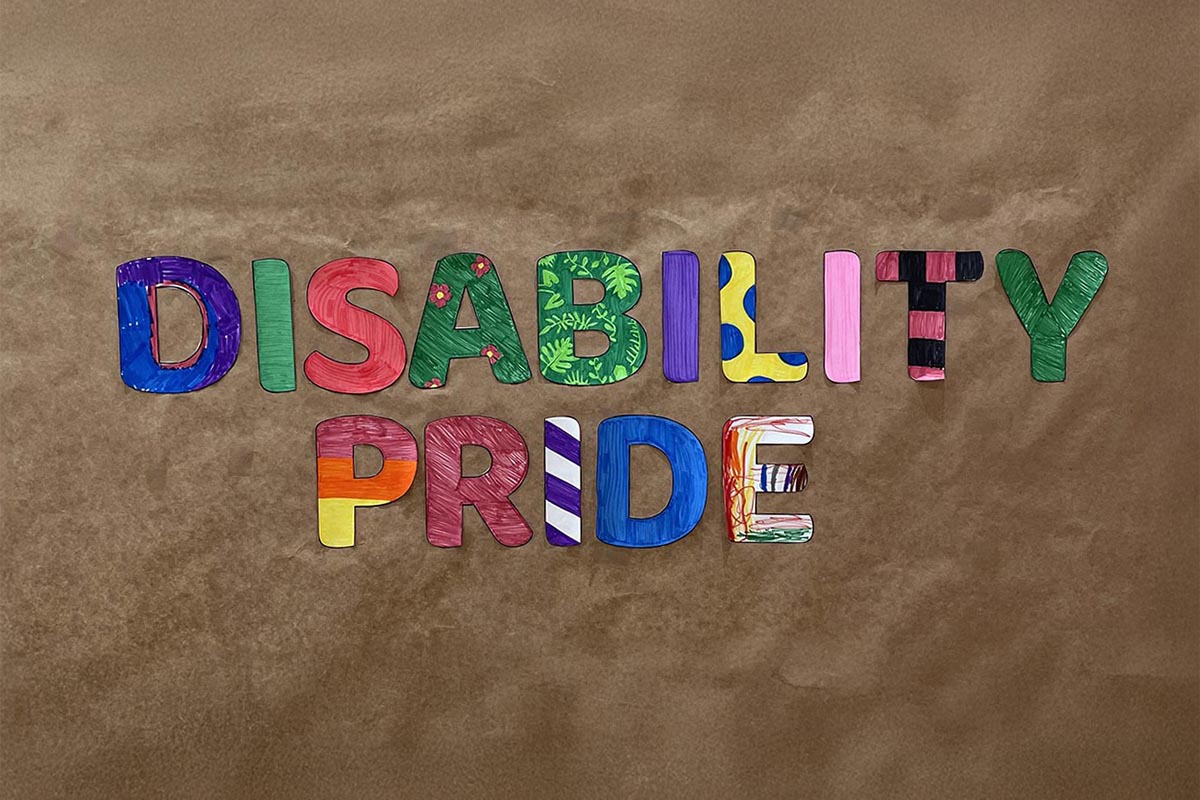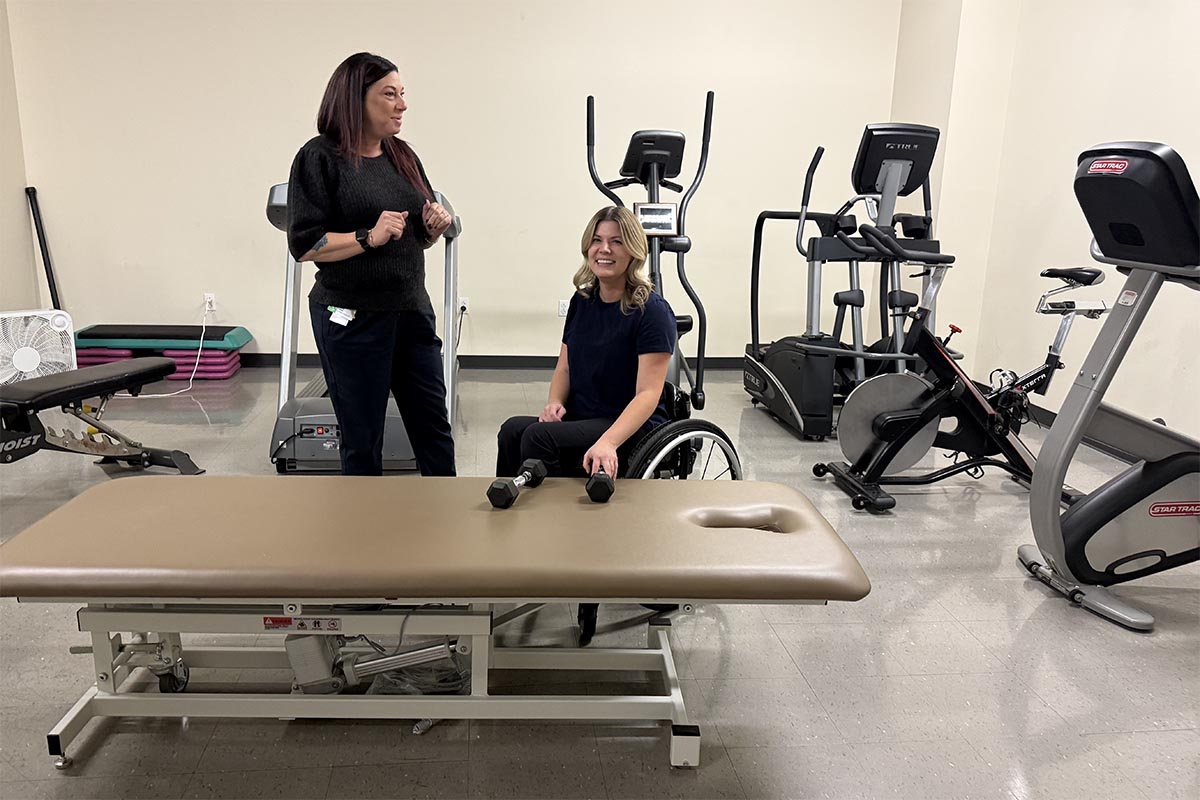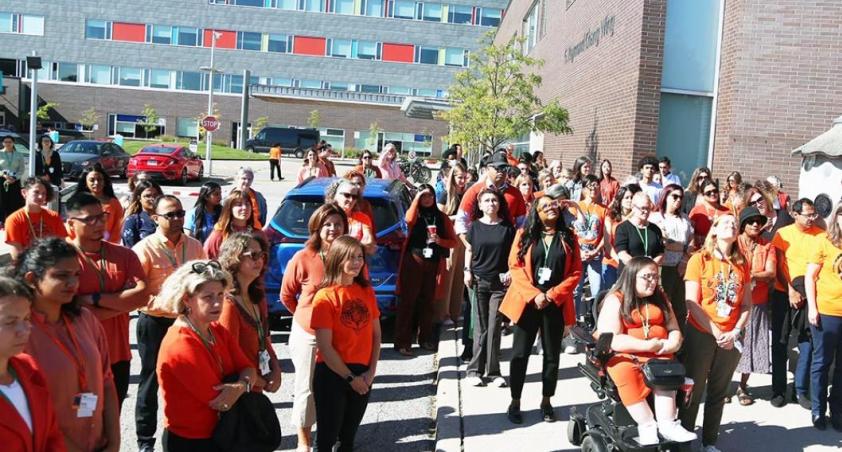At Holland Bloorview we continue to seek ways to advance healthcare needs of Indigenous, Métis, and Inuit families and clients, and continue to embed Truth and Reconciliation in all our work. Read about our response to the Truth and Reconciliation Commission’s 94 Calls to Action where we not only reflect on our actions but also on the work we still have ahead of us.
- Since 2021, over 135 staff have taken the San’yas Indigenous Cultural Safety online training including 100% participation from the Executive Leadership Team. We are committed to providing additional access to cultural safety training for staff and volunteers in the 2025-2026 fiscal.
- Our annual anti-racism education series, now in its fifth year, incorporates considerations of Indigenous anti-racism and health inequities.
- A land acknowledgement resource guide specific to the Canadian healthcare context can be accessed by all staff, students, volunteers and researchers.
- We support personal learning and individual steps towards reconciliation by creating in-house tipsheets and workshops
- The development of a Smudging policy for Indigenous clients and families is critical in enabling culturally and spiritually appropriate care and to familiarize staff with an understanding and appreciation for this important practice.
- We have an outdoor smudging area and a smudging guide to support clients and families who wish to smudge.
- We seek to create sustainable connections with local organizations to ensure that inpatient families who live outside of Toronto have access to organizations that are supportive of their needs while staying in the hospital, including Anishnawbe Health, NishDish, Native Canadian Centre of Toronto, and Auduzhe Mino Nesewinong.
- We incorporated Indigenous, Métis, and Inuit languages in our welcome sign display at our registration desk. This is one of the first things that new families and clients see when entering Holland Bloorview for services.
- In-house, we continue to create Inpatient, Day Program and outpatient program awareness of the Indigenous, Métis, and Inuit children and youth using our services to provide culturally applicable care. This can look like:
- connecting with individual staff and telling stories with which they connect to build an understanding of patients and their families and their rehab needs
- offering traditional beading through therapeutic recreation, and music therapy offers drumming
- incorporating being outdoors in nature daily and offering bannock with meals.
We seek to deepen relationships and partnerships across the system to better understand and support the healthcare needs of Indigenous, Métis, and Inuit families and clients. Our actions to date include conversations with the Assembly of First Nations policy makers to listen and learn how to share resources and incorporate culturally respectful care; following the guidance provided by the Toronto Academic Health Sciences Network’s (TAHSN) Advancing Indigenous Health Rights Strategic Framework; and seeking partnerships with organizations like Our Kids' Health (OKH) to create culturally adapted, multilingual health resources for diverse families, including those from Indigenous communities.
Holland Bloorview recognizes National Day for Truth and Reconciliation (September 30, 2025)
Holland Bloorview opens outdoor smudging spaces (June 2025)
Walking towards each other: Stories from pediatric rehab (March 2025)
Holland Bloorview introduces smudging policy (March 2024)
Holland Bloorview welcomes the Snake Island Drum Group (June 2024)
National Day for Truth and Reconciliation (2024)
 |  |  |
Read about Anti-RacismBuilding an inclusive, diverse, equitable, accessible and anti-racist environment. | Read about DisabilityAt Holland Bloorview, we advocate for healthy futures for all kids and youth with disabilities. | Read about AccessibilityGiven the nature of the clients we serve, accessibility is foremost in our built environment, planning, program development and services. |
